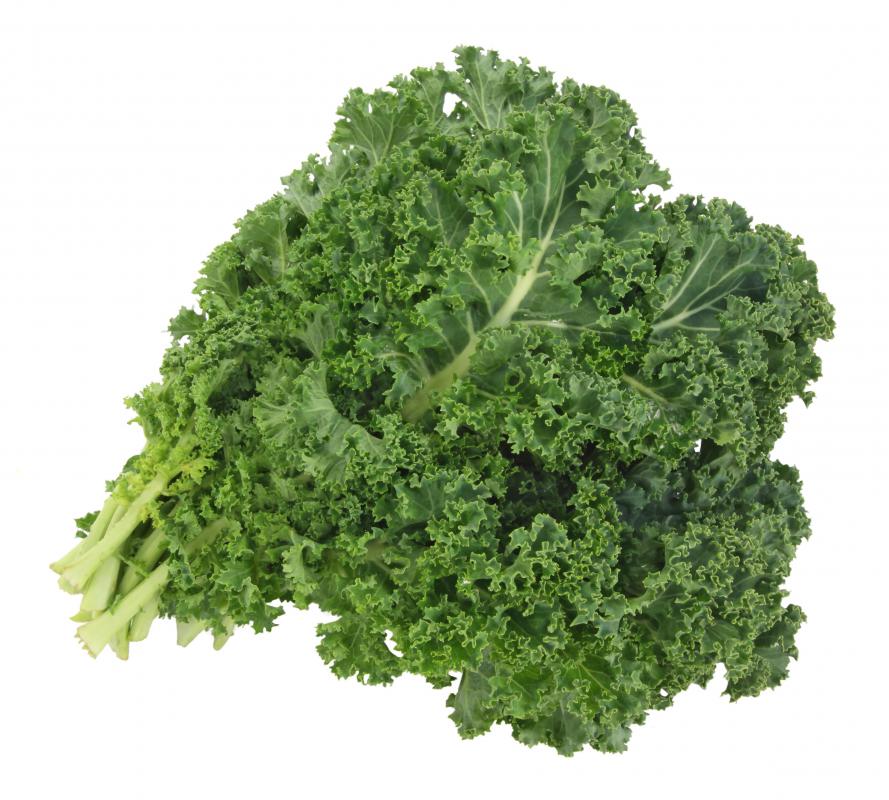At WiseGEEK, we're committed to delivering accurate, trustworthy information. Our expert-authored content is rigorously fact-checked and sourced from credible authorities. Discover how we uphold the highest standards in providing you with reliable knowledge.
What Are the Different Alternative Treatments for Asthma?
There are a number of alternative treatments for asthma including herbal remedies, nutritional therapy, and breath work. Herbs should never be combined with drugs without the guidance of a licensed medical professional, but the nutritional therapy and breath work are complementary practices. These can be used along with other alternative treatments for asthma or conventional drug therapy.
Numerous herbs have been used in treating asthma. These herbs can be used alone or combined with others. Some herbal combinations have a synergistic effect that make them stronger than when the herbs are used alone.

Different herbs target different symptoms. For example, green tea and the oil extracted from mullein leaves act as natural bronchodilators to open breathing passages, while fenugreek and ginger have expectorant properties that can ease an asthma cough when used in combination. Coltsfoot is another of the herbal alternative treatments for asthma that has expectorant properties and can be used to eliminate a cough.

Inflammation of the bronchial passages causes the symptoms of asthma. Herbs that can decrease this inflammation include ginger, turmeric, licorice, and boswellia serrata. Dried ivy, tylophora indica, butterbur, and dried pine bark extract, commonly known as pycnogenol, are some other herbs that have also shown to be effective alternative treatments for asthma.

Eliminating foods from the diet that the asthmatic is allergic to may be enough to reduce or even eliminate allergy-induced asthma in some cases. This is why allergy testing is generally recommended for someone who suffers from asthma. Some foods that most often trigger allergies are nuts, seafood, dairy products, wheat, and chemical additives such as preservatives and food coloring.

Specific foods and nutritional supplements can be added to one’s dietary regimen to reduce the severity of symptoms and the number of asthma flare-ups. Studies have shown that omega-3 fatty acids can help reduce asthma symptoms. These fatty acids are found in fatty fish, nuts, and some green vegetables including salad greens, kale, and Brussels sprouts.

Eating foods rich in antioxidants can reduce the occurrences of asthma. Antioxidants are found in red wine, fresh fruits, and fresh vegetables. Onion and garlic are also good for people with asthma because these foods contain agents that can decrease bronchial spasms and inflammation.
Some studies have shown the Buteyko breathing technique to be effective in reducing symptoms in some asthmatics. This technique consists of a shallow breathing exercise similar to yoga breathing. The Buteyko breathing technique is based on the concept that the increased levels of carbon dioxide caused by shallow breathing opens up the bronchial passages.
AS FEATURED ON:
AS FEATURED ON:















Discuss this Article
Post your comments